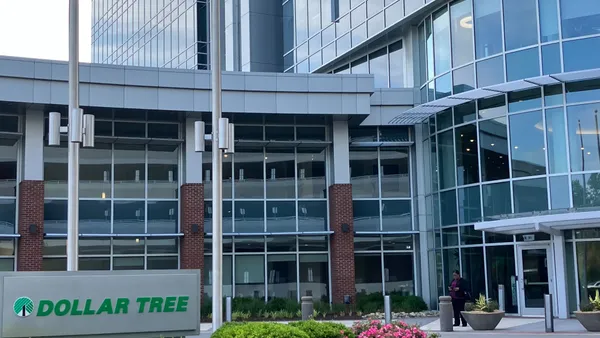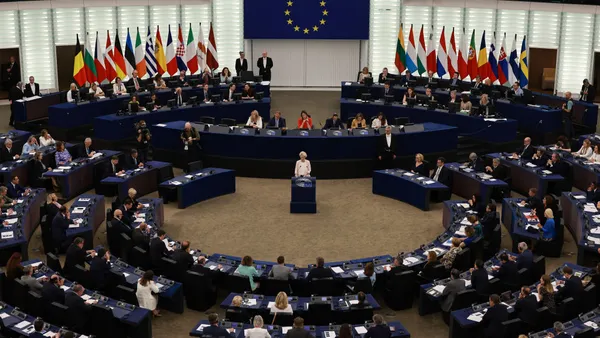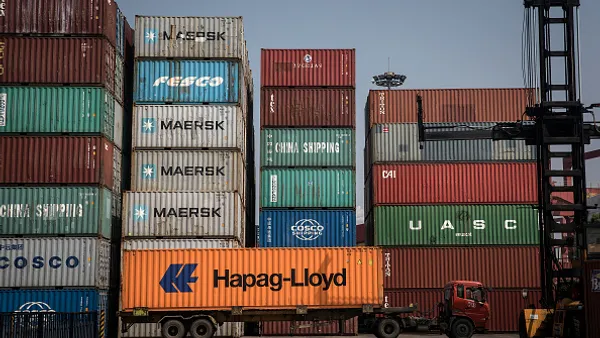Dive Brief:
- Deals made in the e-commerce sector surged forward in Q2 after experiencing three consecutive quarters of diminished investment activity in 2016. Following 201 deals in Q1, the second quarter jumped to 256, CB Insights reported.
- Despite that uptick in deals, Q2 experienced a $1.4 billion decline in funding. Even so, Q3 should prove more promising, as funding has already surpassed $4 billion rounds thanks to financing for Fanatics, Tokopedia and Flipkart.
- Though 2016's diminished deal count made it one of the lowest since 2013 (796 total), 2017 has quickly reversed the trend. At the current pace, 2017's count will likely reach 941 deals, making it the second most active year since 2013.
Dive Insight:
The resurgence of interest in e-commerce investment hinges on both local and international logistics, as well as expanding global markets.
Acquisitions in May included those by Panalpina, UPS, and Groupe Cat, all three of which acquired international logistics firms in Europe and Africa. New technologies, the hallmark of startups, are rife within logistics which have been driven by the growth of e-commerce. Startups are also being tapped by established big box retailers such as Target, which held its first startup accelerator for health and wellness businesses in February, culminating in product presentations before interested investors in July.
Though some startups are struggling, the recent rise in interest has its roots in global expansion, utilizing smaller, more technologically savvy businesses' nimbleness. And with expansion the goal, e-commerce will continue to outpace brick and mortar, which is usually confined to a localized, single-country market. Directionally, it appears that investment continues to bypass the traditional, particularly when it operates in a limited market.












